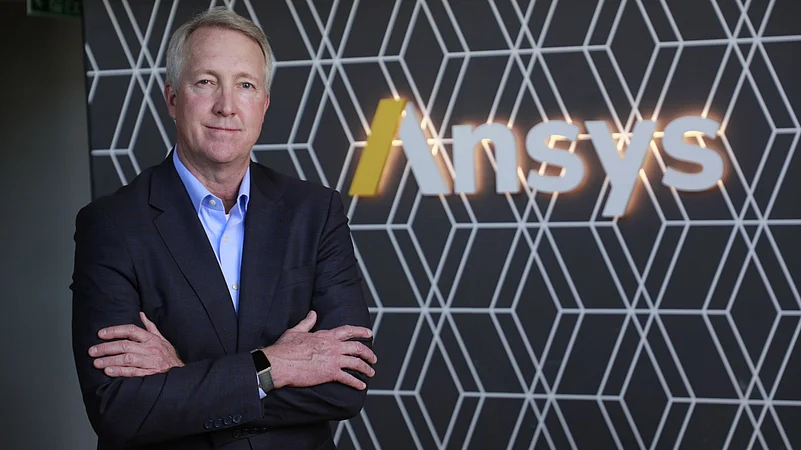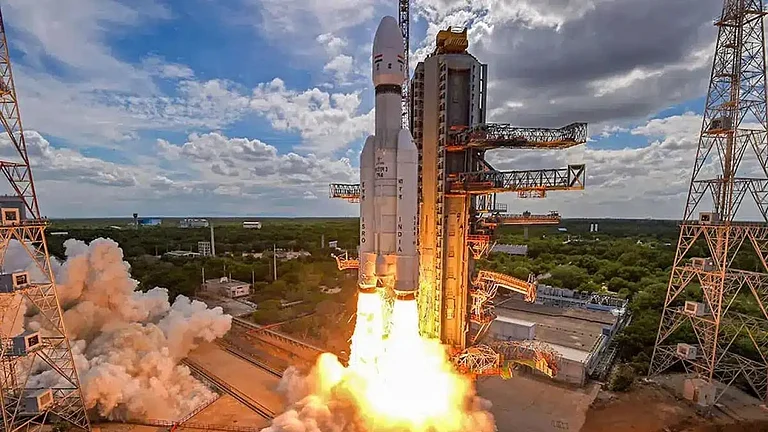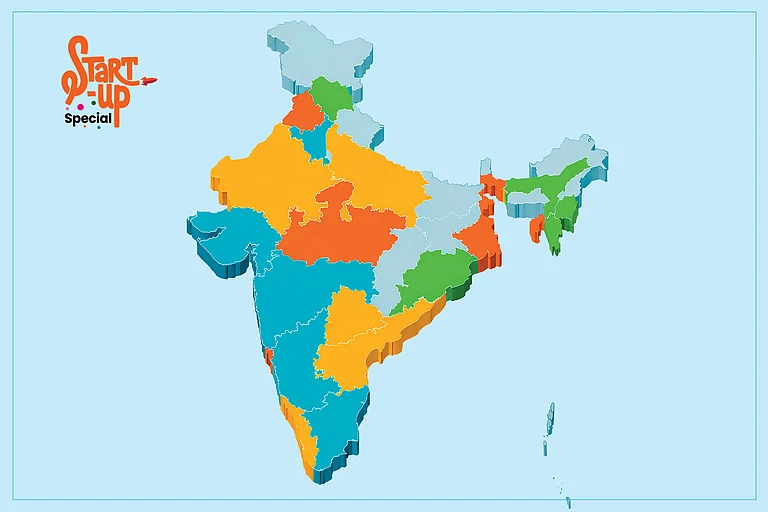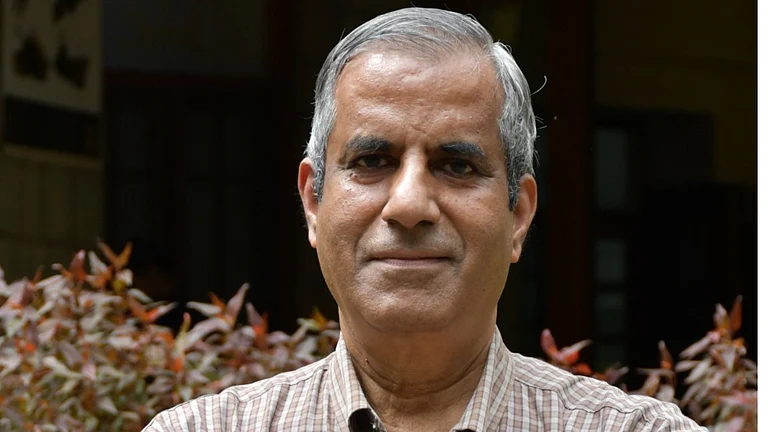Last week, Indian space-tech start-ups welcomed the Budget 2024 as Finance Minister Nirmala Sitharaman announced setting up a Rs 1,000-crore venture fund for the rising sector. The announcement came on the back of several accomplishments by private players in the past five years that saw the opening of the space sector.
As more start-ups complement India’s government-run ISRO, the private players have presented a new market for companies providing simulation and other supporting software and equipment. In an exclusive conversation with Outlook Business, engineering simulation company Ansys’ Area Vice President of Sales for India and Japan Mike Yeager shared various insights around the adoption of simulation products among space-tech start-ups, its start-up programme in the country and the opportunity in the country’s private space sector.
Edited excerpts:
How old is the start-up programme in India?
The start-up programme has been in India for 10 years. It is not just in India, but it seems it is a very successful program globally too. We have 2,000 start-ups in over 50 countries. We put local flavours in different regions and countries just to check out for the local differences.
It's something we, as a company, have been doing for many years.
What value does Ansys see in India’s private space sector?
With the sort of global framework (we have) with our involvement in the space industry for a very long time, it's (India presence) been a key (part of our) business. We've done several strategic acquisitions in the area. The space business in India is pretty big and there has been a recent change of policy direction to encourage more private investment and participation in the space industry. That's where we see the crossroads between what's happening in India and our start-up programme. It's allowed us to energise our efforts to focus on that area. (We have been) seeing some good results with many start-ups in the programme despite the change of policy direction being a fairly new initiative from the government in India.
For which products do you see more adoption from Indian space-tech start-ups?
Anybody in the space business wants to start with digital mission engineering. Start-ups, established companies and government labs use this to virtually perform their missions with different parameters before they begin. We found this to be a good entry point not just in India but also throughout the world. Starting from the component level of simulation till the launch, we have products being used by almost 12 Indian start-ups.
What are the biggest challenges you come across in convincing start-ups to invest in these products?
I think one of the biggest challenges with all these start-ups is pulling together the manpower with the right skillsets because it's a very competitive market today.
There's also a mindset, not just in space but also in other industries, where they feel like they need to go build some prototypes and test them. That's still a mentality that we come up against because the proposition or value we add is that simulation can cut back on that (building prototypes). You don't have to go to the lab and start building the prototype. Instead, you can do a bunch of iterations and sort out the best path with simulation.
I think you're seeing more start-ups and established companies realising that simulation is the foundation and cornerstone of any innovation and development. But it is still in the back of people's minds that they need to build and test it (prototype).
Do you price your products differently for Indian start-ups considering their appetite to pay?
The start-up bundle and package that we have is a very flexible framework. It was built intentionally to address the different needs in the different markets - from the developed to the developing and even the markets that aren't even quite developing yet where we've seen some success with the programme. The adoption was just through the local team’s knowledge of what was possible in India.
But we see engineers in India doing the same or sometimes more enhanced work than the others. So, the capabilities required (in India) are not a scaled-down version. It's a full-featured, full-capability set of tools deployed there. Obviously, there's some economics behind those tools, but we've found that the start-up programme gives us enough flexibility to get started. The idea is that the start-up will spend some time in the programme as they build their business and get more funding. Then, they'll graduate into more of a standard commercial type of relationship.
Is there something you do differently for start-ups as against what you offer to your legacy clients?
Often, as a start-up, you don’t exactly know what you need. You're just starting, experimenting and figuring out what tools you will need to build your product. So, the bundle is flexible. Typically, with a non-start-up customer, we just sit down and list out the precise products they need and the quantities. With start-ups, you must be more flexible.
We also do a lot more handholding (with start-ups). We check if they don’t have the training on these tools or capabilities through their education and invest in their skill. Because, ultimately, the start-ups are not going to be successful and we're not going to benefit from the relationship unless you get over that hump of being productive with the technology. So, we put a lot of engineering resources from our side, where people from start-ups can sign up and take classes.
Another area where we (Ansys) come into is networking. Start-ups need a lot of connections with the overall ecosystem. We help them with potential suppliers and customers, who we know because of Ansys’ position.






























